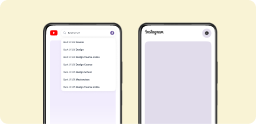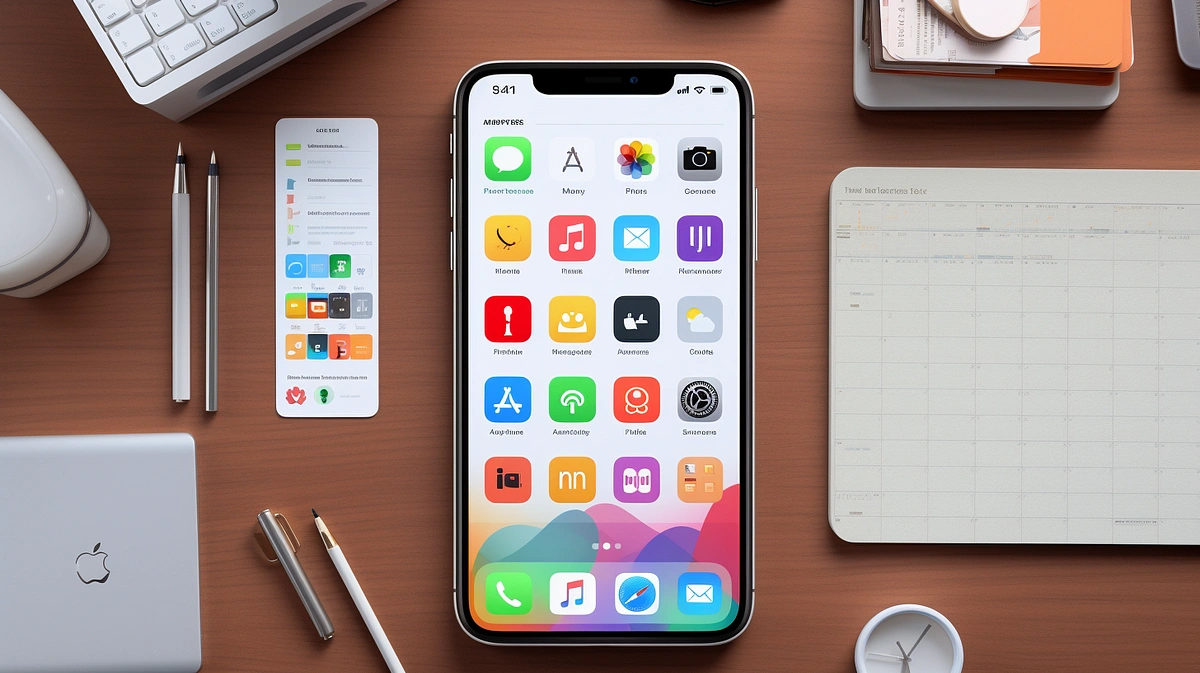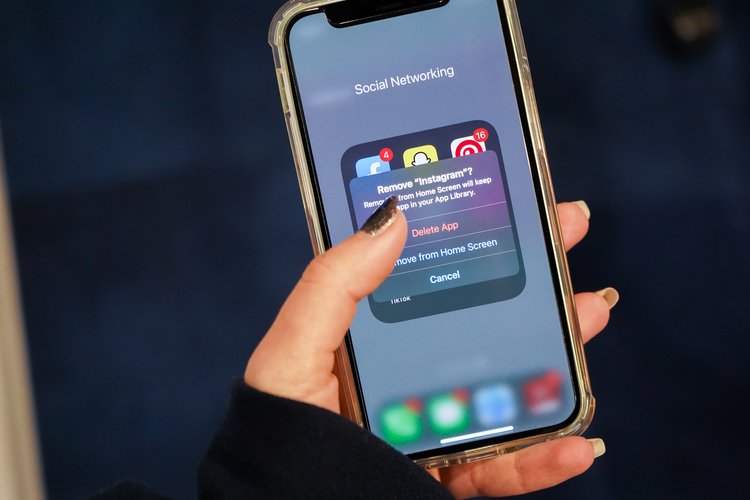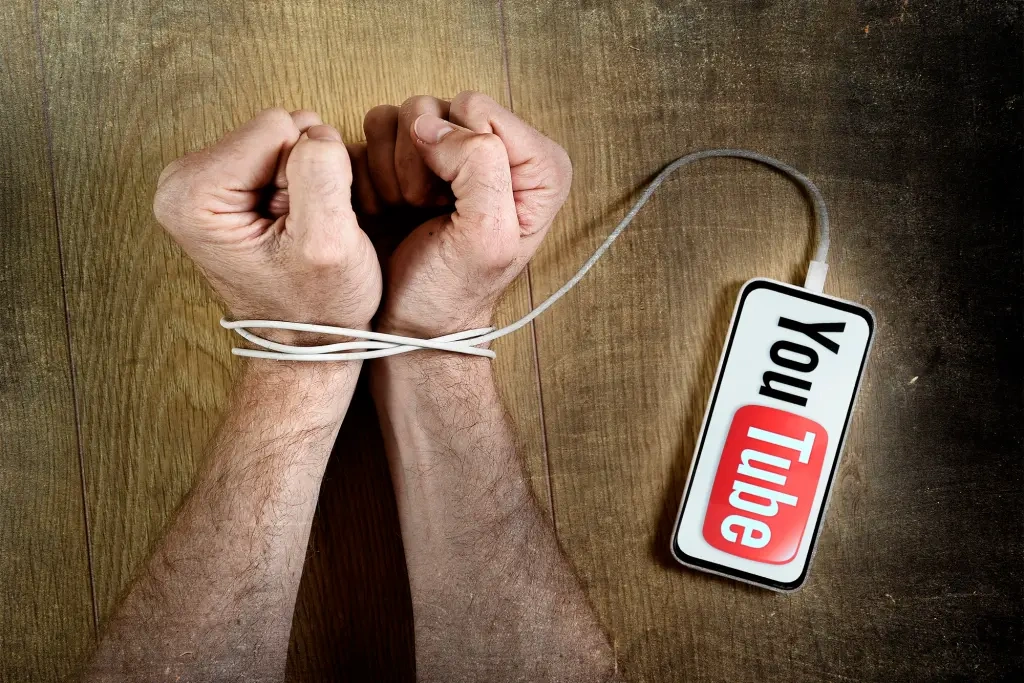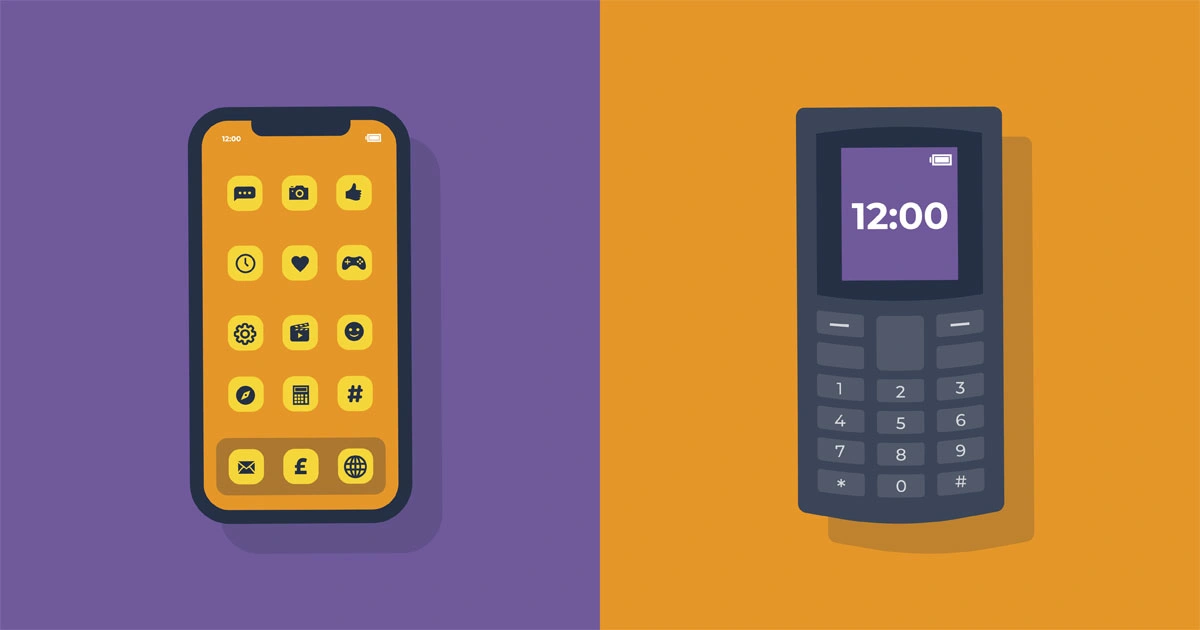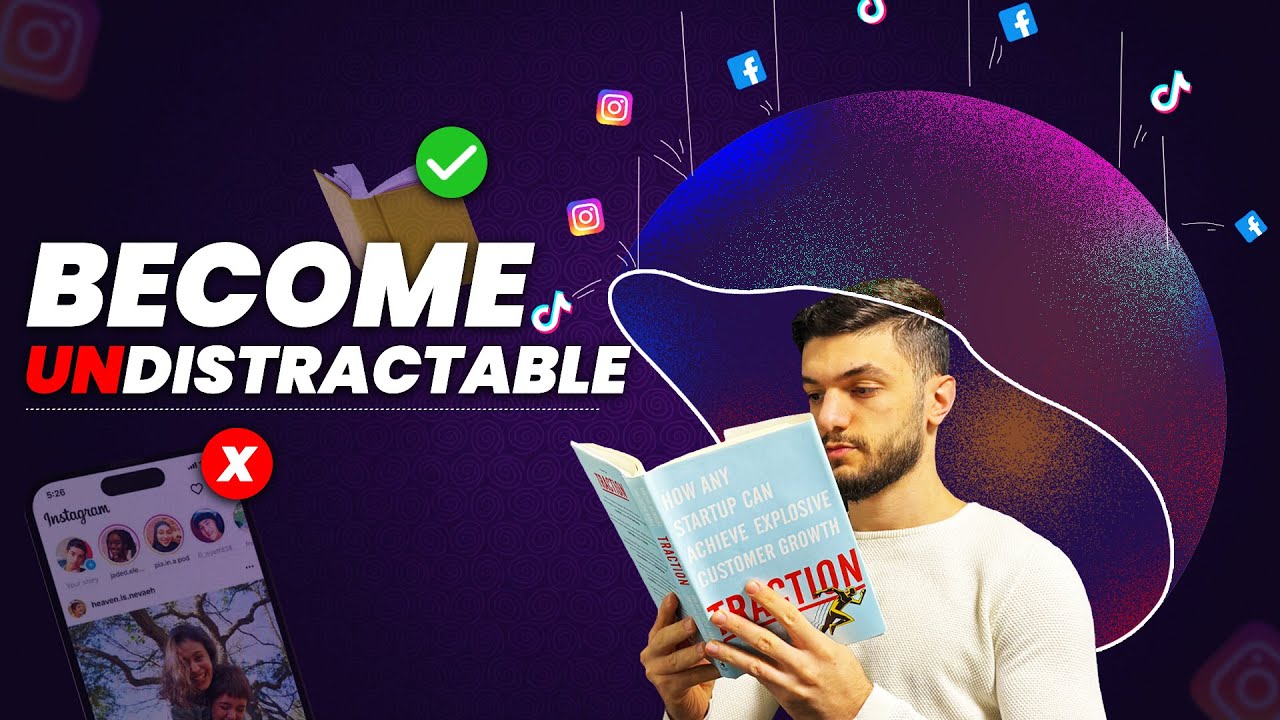We've all been there, constantly distracted by Instagram, TikTok, Twitter, Reddit or any social media platform. One day you decide to turn on Apple's screentime limits or download a social media blocker, thinking that this will help you with your social media distractions!
And it does, for a few days, then you keep turning off the blocker or ignoring the time limits. Soon enough you are back to your old social media habits. Before we get into explaining why this happens, you should probably learn about BeTimeful. BeTimeful's browser and app block the News Feed from coming up every time you open your social media. This way your brain doesn't get hit with dopamine every time. And still you get access to your DMs and you can still post content. With BeTimeful, you don't need to block apps on your phone. This way you can stay connected, productive, and not distracted. See how it works for yourself:
BeTimeful makes sure you don't hooked into scrolling for hours. With BeTimeful, you don't need to delete social media apps or use any blocker. Here is how it works:
✅ BeTimeful hides all your distracting social media apps from your iPhone or Android 🔒
✅ You can have timed access to the distracting apps (scroll for 1, 5, 10 or more on your favourite App) 🕝
✅ Have unlimited access to feedless Instagram and YouTube!
✅ Access DM's without getting distracted 🤝
✅ Message your friends, prospects, and clients 📩
✅ Post videos, Reels, and all your content 📲
🔥 You can finally stay connected, productive, and NOT distracted with BeTimeful!
Do you want to know how to remove YouTube Shorts or How to Remove Feed from Instagram ? Click on the links to find out!
So why is social media so addicting? Why can't you kick the habit of doom-scrolling?
Social media is intentionally designed to be addictive. The platforms employ a variety of techniques to keep users engaged for extended periods of time, resulting in a phenomenon known as social media addiction.
One of the reasons social media is addictive is that it offers instant gratification. When you share something on social media, you get instant feedback in the form of likes, comments, and shares. This causes a dopamine rush in the brain, which is a feel-good chemical that reinforces the behavior and encourages you to use the platform further.
Another reason social media is addictive is that it is intended to provide an endless stream of content. On platforms such as Facebook, Instagram, and Twitter, the infinite scroll feature allows users to keep scrolling and consuming content without ever reaching the end.
This instills FOMO (fear of missing out) and the impression that there is always something new to discover on the platform.
Furthermore, social media is intended to be personalized and tailored to the interests and preferences of the individual user. Platform algorithms analyze user data to create a personalized feed of content that is more likely to engage and interest the user. This creates a sense of connection and familiarity with the platform, making disconnecting and taking a break difficult.
Furthermore, social media is intended to be social. It enables users to connect with friends, family, and people who share similar interests from all over the world.
The ability to communicate and share with people all over the world can be exciting and fulfilling, but it can also lead to an excessive amount of time spent on the platform.
Finally, because it is always available, social media can be addictive. Users of smartphones and tablets can access social media at any time and from any location. This constant availability makes it simple to check social media during downtime or when bored, leading to overuse and addiction.
Overall, social media is addictive because it provides instant gratification, is personalized and never-ending, promotes socialization, and is always available. Understanding these factors can help people be more mindful of their social media use and take preventative measures. If BeTimeful's News Feed Blocker is not enough reduce your screen time consider reading this review of Atomic Habits by James Clear or this summary of Deep Work by Cal Newport.




